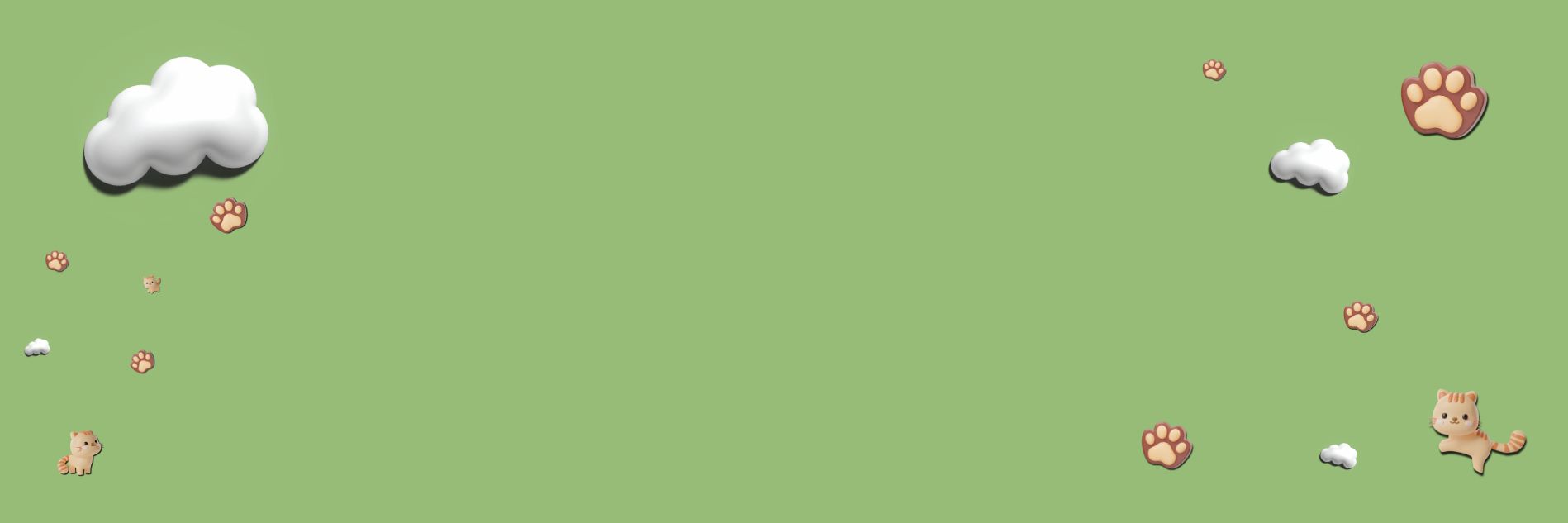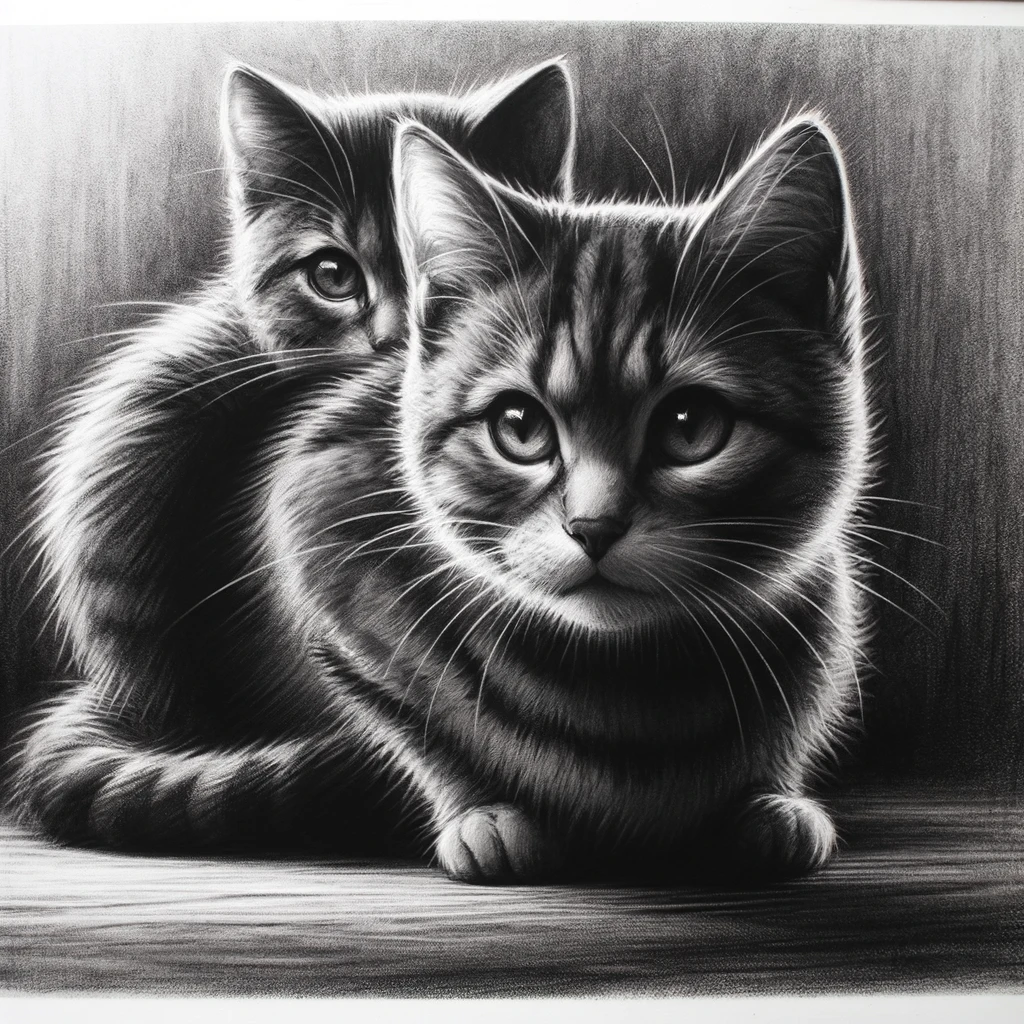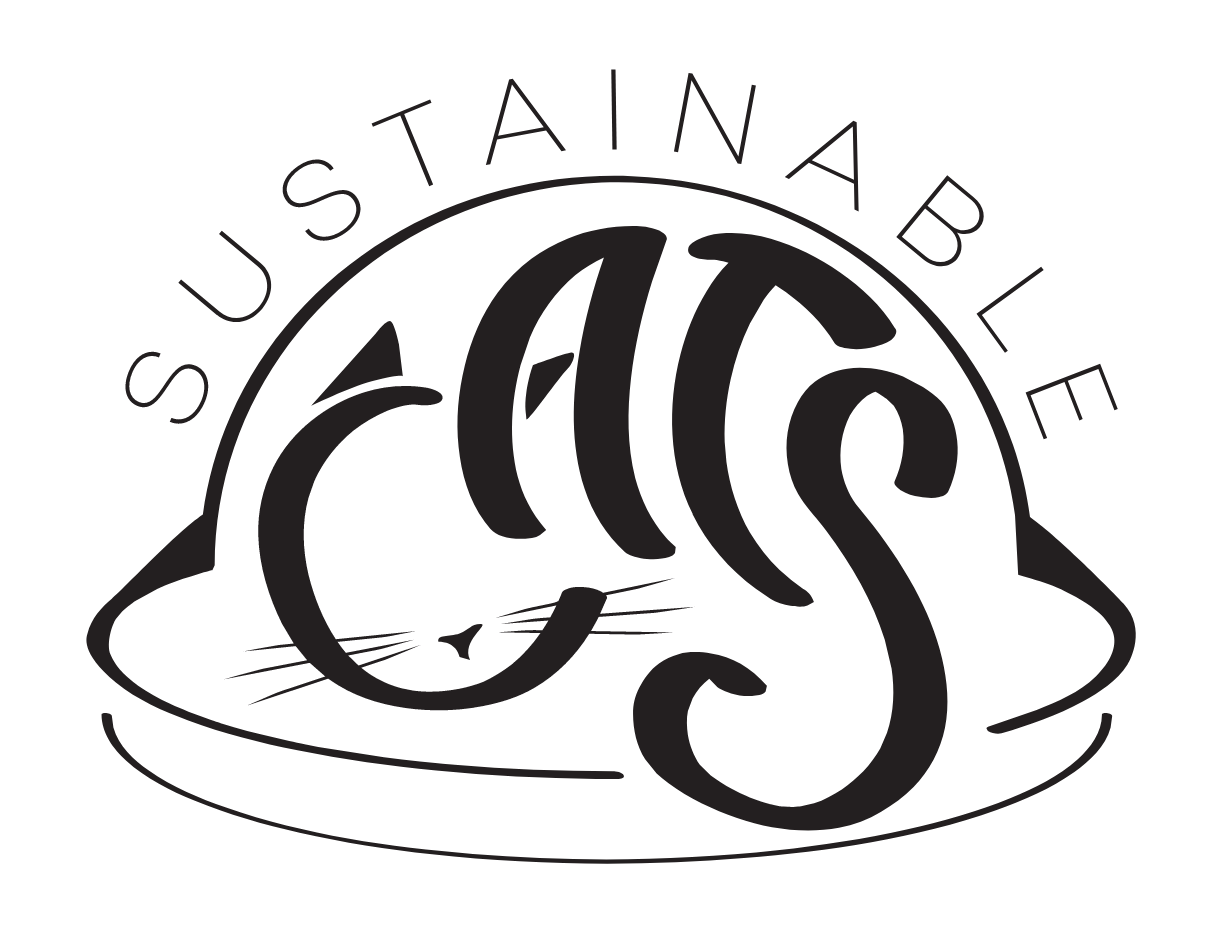
Blog
Sustainable Cat Food – Smart Choices for Sustainable Cat Lovers

Cats are obligate carnivores, meaning that they need meat to survive. This can make finding a sustainable cat food option challenging, as traditional cat food is typically made with meat from livestock. However, several sustainable cat food options are available, and more and more companies are developing new and innovative sustainable cat food products.
Here are a few things to look for when choosing a sustainable cat food:
- Ingredients: Look for cat food made with sustainable ingredients, such as insect protein, sustainably farmed fish, and upcycled food waste. Avoid cat foods that contain ingredients from livestock, as livestock production has a significant environmental impact.
- Packaging: Choose a cat food that comes in sustainable packaging, such as recyclable or compostable materials. Avoid cat foods with excessive packaging, such as multiple plastic bags or pouches.
- Company values: Choose a cat food company that is committed to sustainability. Many companies are now publishing sustainability reports and committing to reducing their environmental impact.
Here are a few of the most popular sustainable cat food brands:
- Open Farm
- Ziwi Peak
- Lovebug
- Castor & Pollux Organix
- Lily’s Kitchen
- The Honest Kitchen
- Petcurean
- Halo
These brands offer various sustainable cat food options, including dry, wet, and raw food. They also use sustainable ingredients and packaging.
In addition to choosing a sustainable cat food, you can do several other things to reduce your cat’s environmental impact. For example, you can:
- Feed your cat less food. Cats are very good at regulating their own food intake, so it’s important not to overfeed them. Overfeeding can lead to weight gain and other health problems, and it’s also a waste of food.
- Reduce litter box waste. One of cat ownership’s most significant environmental impacts is litter box waste. You can switch to biodegradable litter, such as recycled paper pellets or wood shavings to reduce litter box waste. You can also compost your cat’s litter if you have a home compost system.
- Support sustainable cat businesses. Many businesses are committed to sustainable cat ownership. When shopping for cat products, look for businesses that use sustainable materials and ethical practices.
By making small changes to your cat care routine, you can help reduce your cat’s environmental impact and make a difference for the planet.










One thought on “Sustainable Cat Food – Smart Choices for Sustainable Cat Lovers”